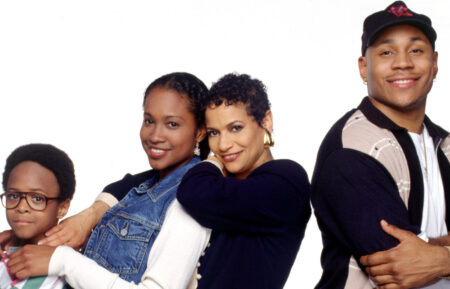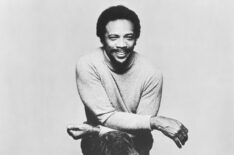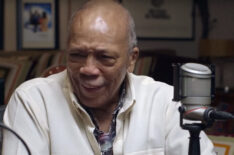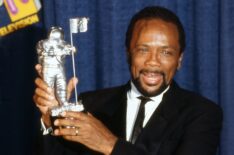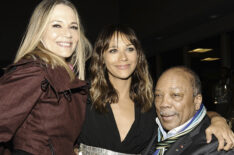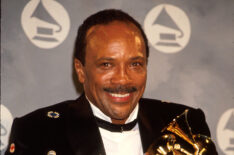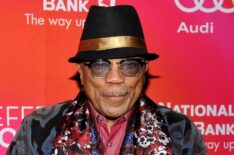Quincy Jones
Credits

LolaStream
Original Music
Movie
2024

Trap Jazz
Self
Show
2023

They All Came Out to Montreux
Executive Producer
Show
2023

They All Came Out to Montreux
Self
Show
2023
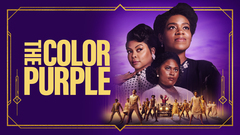
The Color PurpleStream
Producer
Movie
2023

Bel-AirStream
Executive Producer
Series
2022

Ennio
Self
Movie
2022
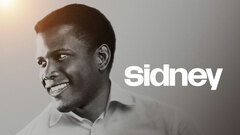
SidneyStream
Self
Movie
2022

King of Kings: Chasing Edward Jones
Executive Producer
Movie
2022
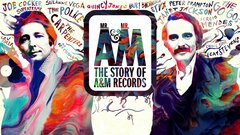
Mr. A & Mr. M: The Story of A&M RecordsStream
Self
Docuseries
2021

Quincy Jones : A Life In Song In Paris
Actor
Show
2021

Fandango at the Wall
Executive Producer
Movie
2020

Ronnie's
Actor
Movie
2020

Sergio Mendes in the Key of Joy
Self
Movie
2020

Quincy Jones symphonique
Music Performer
Show
2019

Count Basie -- Through His Own Eyes
Actor
Show
2019

David Foster: Off the Record
Guest
Show
2019
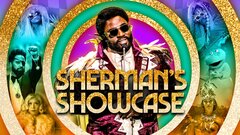
Sherman's ShowcaseStream
Guest Star
Series
2019

The Black Godfather
Actor
Show
2019

Quincy Jones - 75th Birthday Anniversary: Montreux
Self
Show
2019

David Foster: Off the Record
Self
Movie
2019

The Ballad of Don Lewis
Actor
Movie
2019

Jazz Concerts - Quincy Jones
Music Performer
Show
2018

Nelson Mandela: Madiba
Actor
Show
2018

The Jazz Ambassadors
Actor
Show
2018

International Jazz Day From Cuba
Host
Show
2018

The Best of Tavis Smiley
Guest
Show
2018

Grammy Gold
Music Performer
Show
2018

Survivors Guide to Prison
Self
Movie
2018
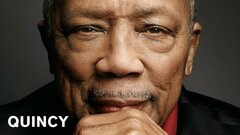
QuincyStream
Self
Movie
2018

The 40th Annual Kennedy Center Honors
Guest
Show
2017
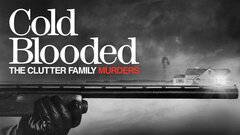
Cold Blooded: The Clutter Family MurdersStream
Actor
Docuseries
2017

Jazzopen Stuttgart 2017: Abschlusskonzert
Host
Show
2017

Hitsville US Eh
Actor
Show
2017

Taking the Stage: African American Music and Stories That Changed America
Executive Producer
Show
2017

Taking the Stage: African American Music and Stories That Changed America
Guest
Show
2017

Feel Rich: Health Is the New Wealth
Self
Movie
2017
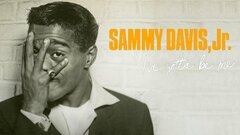
Sammy Davis, Jr.: I've Gotta Be MeStream
Self
Movie
2017

Davi's Way
Actor
Himself
Show
2017

Davi's Way
Self
Movie
2017

Soundbreaking
Self
Show
2016

Maya Angelou and Still I Rise
Self
Movie
2016

Score: A Film Music Documentary
Self
Movie
2016

Sinatra 100 -- An All-Star Grammy Concert
Music Performer
Show
2015
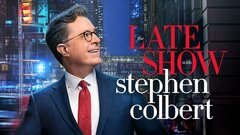
The Late Show With Stephen Colbert
Guest
Talk
2015

International Jazz Day
Guest
Show
2015

Sinatra: All or Nothing at All
Voice
Show
2015
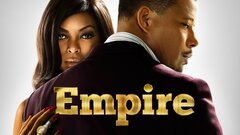
EmpireStream
Guest Star
Series
2015

How to Make a Man
Actor
Show
2014

2014 Ebony Power 100 Gala
Actor
Show
2014

The Distortion of Sound
Actor
Show
2014

Keep on Keepin' On
Producer
Movie
2014

Nathan East: For the Record
Self
Movie
2014
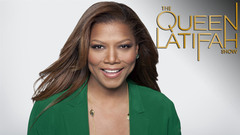
The Queen Latifah Show
Guest
Talk
2013

CBC Music Backstage Pass
Guest
Show
2013

The Arsenio Hall Show
Music Performer
Show
2013

Alice Walker: Beauty in Truth
Self
Show
2013

Marvin Hamlisch: What He Did for Love
Actor
Movie
2013

Larry King NowStream
Guest
Talk
2012

Larry King Special: A Dinner with Kings
Guest
Show
2011

Q With Jian Ghomeshi
Guest
Show
2011

New Order
Self
Show
2011

Bee Gees: In Our Own Time
Self
Show
2011

An Evening of Stars: Tribute to Chaka Khan
Guest Star
Show
2011

ConanStream
Music Performer
Talk
2010

Michel Legrand & Friends: 50 Years of Music and Movies
Music Performer
Show
2010

Quincy Jones Feat. Ludacris, Naturally 7 & Rudy Currence: Soul Bossa Nostra
Music Performer
Show
2010

Quincy Jones Feat. Akon: Strawberry Letter 23
Music Performer
Show
2010

The Greatest Ears in Town: The Arif Mardin Story
Actor
Movie
2010

We Have a Dream
Guest Star
Show
2009
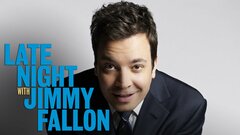
Late Night With Jimmy Fallon
Guest
Talk
2009

We Have a Dream
Guest Star
Show
2009

Wheedle's Groove
Actor
Movie
2009

L'âge d'or de la musique de film 1965-1975
Self
Movie
2009

An Evening With Quincy Jones
Guest
Show
2008

Hollywood Shootout
Guest
Show
2007

The Truth in Terms of Beauty
Actor
Show
2007

Truth in Terms of Beauty
Actor
Movie
2007

Our World With Black Enterprise
Guest
Show
2006

Made in Hollywood: Teen Edition
Guest
Show
2006

The Colbert Report
Music Performer
Talk
2005

Apollo at 70: A Hot Night in Harlem
Producer
Show
2004

Tavis Smiley
Guest
Talk
2004

Imagine...
Guest
Show
2003
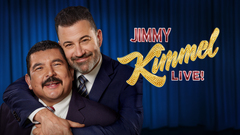
Jimmy Kimmel Live!Stream
Guest
Talk
2003

Keeping Time: The Life, Music & Photographs of Milt Hinton
Actor
Movie
2003
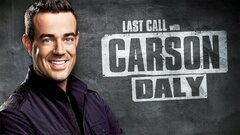
Last Call With Carson Daly
Guest
Talk
2002

Live With Regis and Kelly
Guest
Show
2001

The Smokers
Executive Producer
Movie
2000

Passing Glory
Executive Producer
Movie
1999
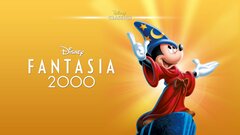
Fantasia 2000Stream
Voice
Himself (Host) (segment "Rhapsody in Blue")
Movie
1999

The ViewStream
Music Performer
Talk
1997
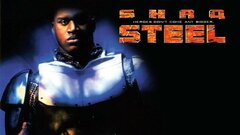
SteelStream
Producer
Movie
1997

Access HollywoodStream
Guest
News
1996

The 68th Annual Academy Awards
Executive Producer
Show
1996

MADtvStream
Executive Producer
Series
1995
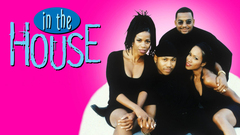
In the HouseStream
Executive Producer
Series
1995
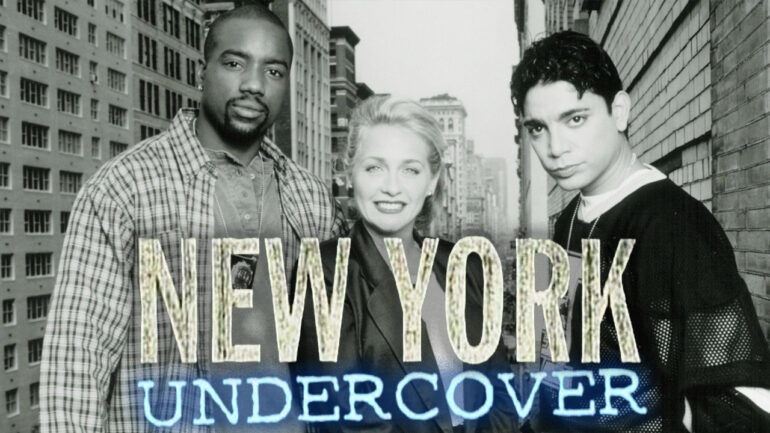
New York UndercoverStream
Guest Star
Series
1994

A Great Day in Harlem
Actor
Movie
1994
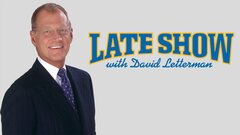
Late Show With David Letterman
Guest
Talk
1993
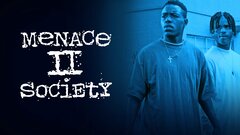
Menace II SocietyStream
Original Music
Movie
1993
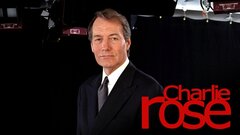
Charlie RoseStream
Guest
Talk
1991
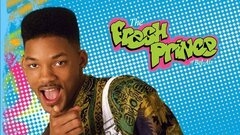
The Fresh Prince of Bel-AirStream
Executive Producer
Series
1990

The Fresh Prince of Bel-AirStream
Guest Star
Series
1990

Listen Up: The Lives of Quincy Jones
Actor
Movie
1990

Listen Up: The Lives of Quincy Jones
Original Music
Movie
1990
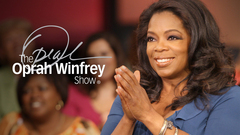
The Oprah Winfrey Show
Guest
Talk
1986
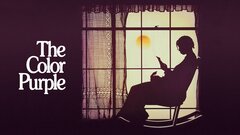
The Color PurpleStream
Original Music
Movie
1985

The Color PurpleStream
Producer
Movie
1985
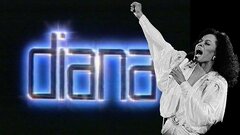
Diana
Actor
Special
1981

Nightline
Guest
News
1980

CBS News Sunday Morning
Guest
News
1979

Good Morning America
Guest
News
1975

Saturday Night LiveStream
Host
Series
1975
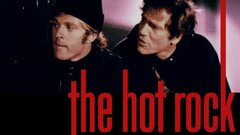
The Hot Rock
Original Music
Movie
1972

The New Centurions
Original Music
Movie
1972
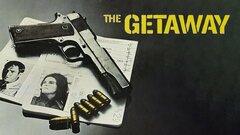
The GetawayStream
Music
Movie
1972
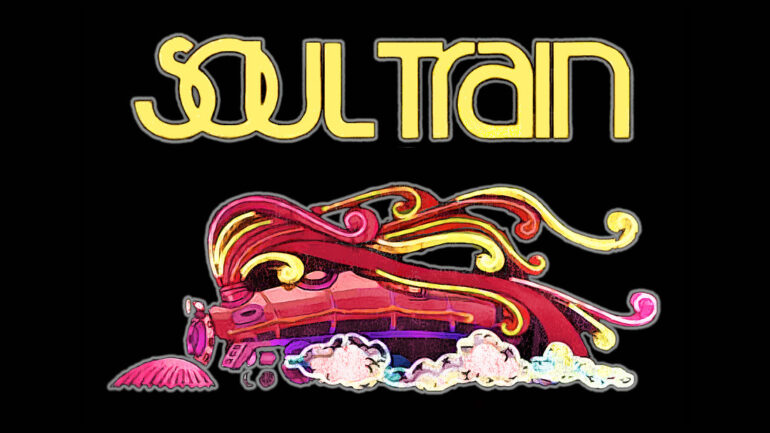
Soul Train
Music Performer
Series
1971
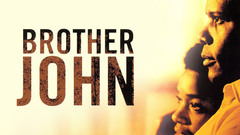
Brother JohnStream
Original Music
Movie
1971

$ (Dollars)
Original Music
Movie
1971
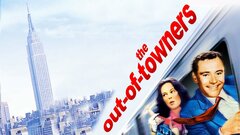
The Out-of-TownersStream
Original Music
Movie
1970

Mother
Music
Movie
1970
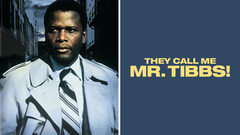
They Call Me Mister Tibbs!Stream
Music
Movie
1970
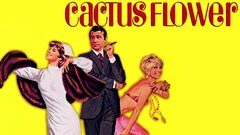
Cactus FlowerStream
Original Music
Movie
1969
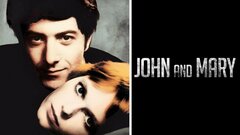
John and Mary
Original Music
Movie
1969

Bob & Carol & Ted & Alice
Original Music
Movie
1969

The Last of the Mobile Hot-Shots
Original Music
Movie
1969
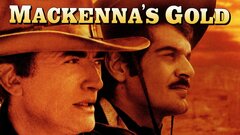
Mackenna's GoldStream
Original Music
Movie
1969
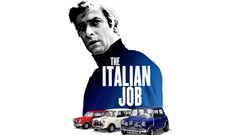
The Italian JobStream
Original Music
Movie
1969
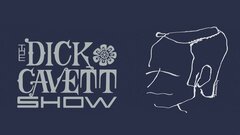
The Dick Cavett ShowStream
Guest
Talk
1968

A Dandy in Aspic
Original Music
Movie
1968
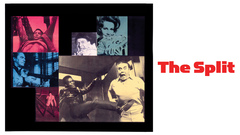
The SplitStream
Original Music
Movie
1968
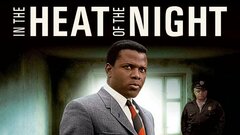
In the Heat of the NightStream
Music
Movie
1967

Banning
Original Music
Movie
1967

Ironside
Original Music
Movie
1967

Enter Laughing
Original Music
Movie
1967
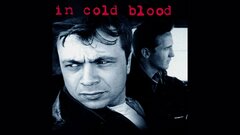
In Cold BloodStream
Original Music
Movie
1967
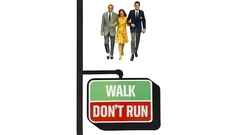
Walk, Don't RunStream
Music
Movie
1966

The Slender Thread
Original Music
Movie
1965
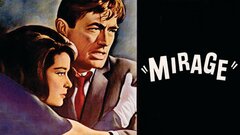
Mirage
Original Music
Movie
1965

Pojken i trädet
Original Music
Movie
1961
News aboutQuincy Jones
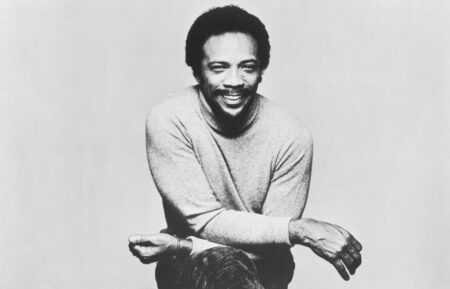
Quincy Jones Grammy Tribute Led By Stevie Wonder & Janelle Monáe
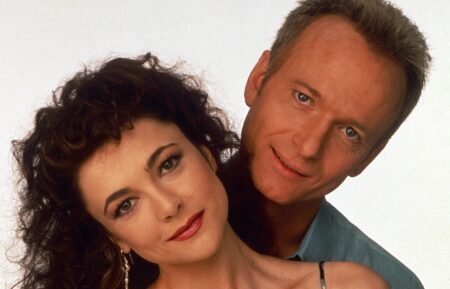
Exclusive
‘General Hospital’: Emma Samms Talks Quincy Jones’ Role in Holly & Luke’s Love Story
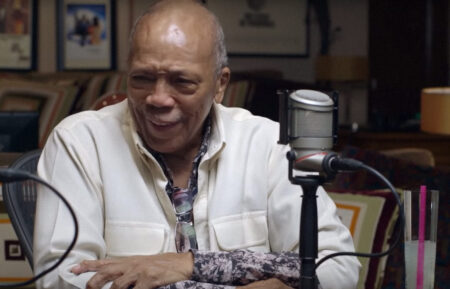
Quincy Jones Dies: Legendary Music Producer Was 91
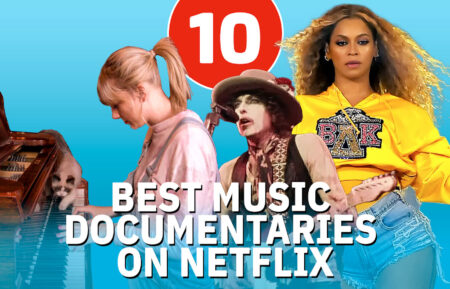
10 Best Music Documentaries on Netflix, Ranked

Remembering the First MTV VMAs, 40 Years Later — Bette Midler & Dan Aykroyd Hosted?!
